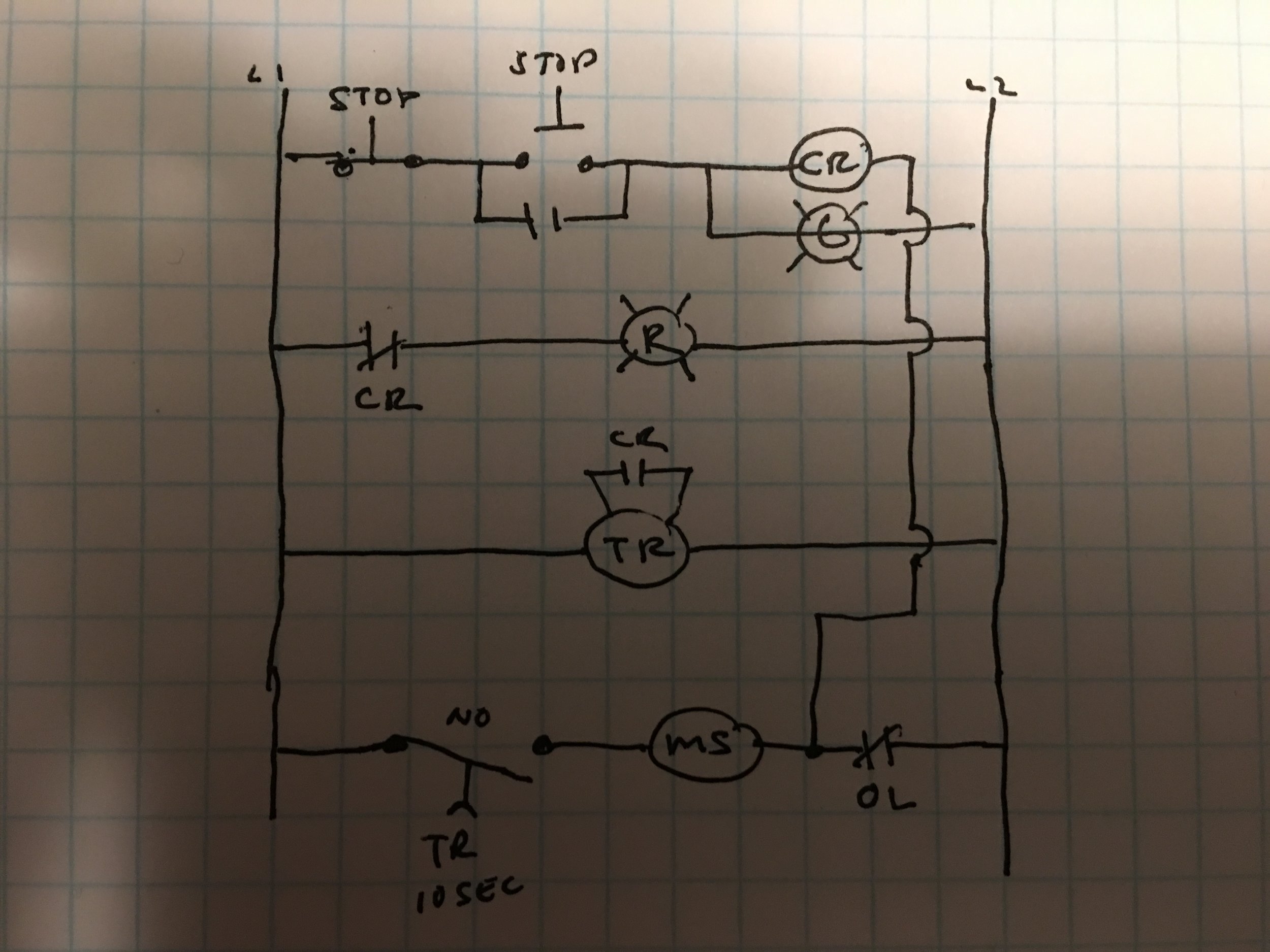*The following is a piece I wrote for IBEW 48's Labor Press - it will be published Dec. 2. The entry was meant to advertise my upcoming workshop - Critical Thinking - offered to union members (of which I am one). The piece happened to come during a rather contentious discussion surrounding the upcoming election of local 48's business manager.*
If you’re like me, you’re relieved presidential politics has cooled to a simmer. When name-calling and catchy phrases take the place of reasoned, impassioned debate, we’re justified to bemoan the state of political discourse, which, as of now, appears to have all the intellectual depth of a playground squabble. The mudslinging of the presidential election isn’t confined to the national arena. From the lunch table to the Facebook page, thoughtful disputation remains conspicuous by its absence. I assume you want what’s best for our country, union and friendships; I also take for granted that you believe you can improve the state of things.
Given these assumptions, our first task is to listen. Our opponents argue for something and, our task is to understand, as best we can, both the what and why of their argument. Our obligation is to hear them out as if they had something to teach us and as if we, something to learn. Listening is difficult because it’s an expression of humility - an inward character trait that takes time to develop. This feature of humility, I think, helps explain why we value incisive inquiry over unhinged, free-wheeling rants. Listening has the unintended consequence of letting our opponents speak for themselves. Their arguments may be so vitriolic, incoherent and otherwise unattractive, our responses won’t come close to outwitting the ineptitude of their own words. So long as we see our task as getting things right - rather than being right - we’ll either see through a lousy argument or discover a good one - either way, we win.
We also need to be intellectually honest. Consider the following illustrations of intellectual dishonesty. You ask me to address rumors of embezzlement, and I respond by highlighting my opponent’s decade-old bankruptcy; in a heated battle over fiscal policy, I construe my opponent’s ballot measure for an increase in the minimum wage as a plot to usher in Communism. In distracting and deliberately misconstruing, we lie to ourselves, condescend our listeners and trivialize our opponents’ convictions. But be brave! For, as I said above, if what we desire most is to get things right, we have nothing to fear in accurately stating - then dismantling - the best argument our competition has to offer.
Though politics, from presidential to local, are polluted by vitriol and illogic, there’s no need for our arena to be, too. In fact, by being humble and honest, and employing sound reason, we can stand proudly behind the the policies and ballot measures we endorse and leaders we elect. Shameless plug: I - along with the VOC - will be leading a workshop on critical thinking, Saturday, December 10, from 9am-12. See you in class.
